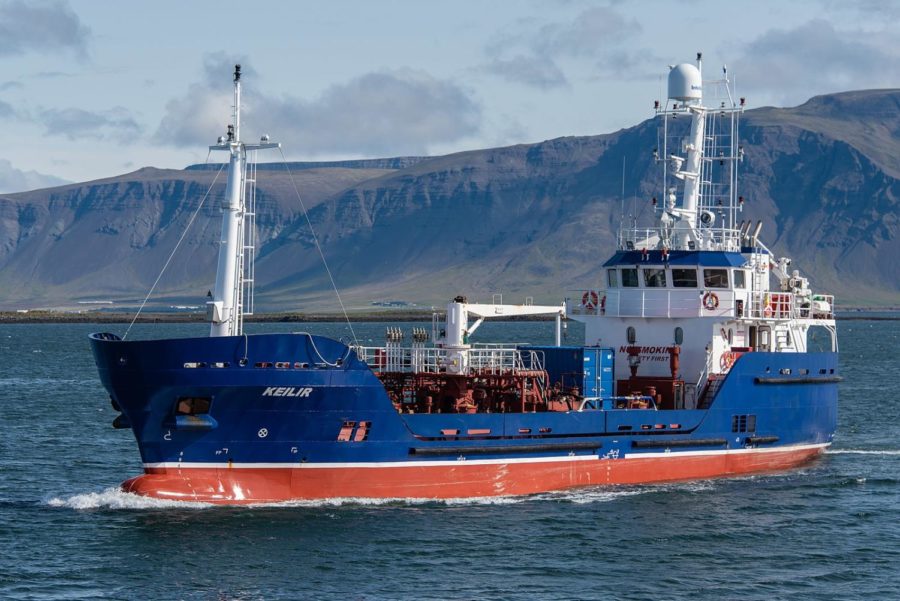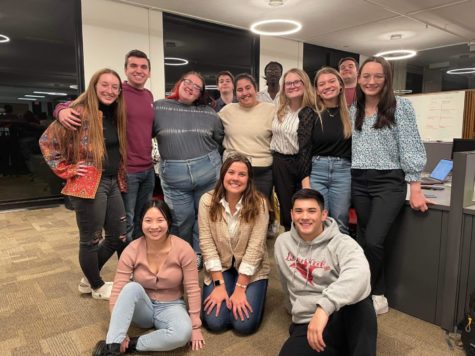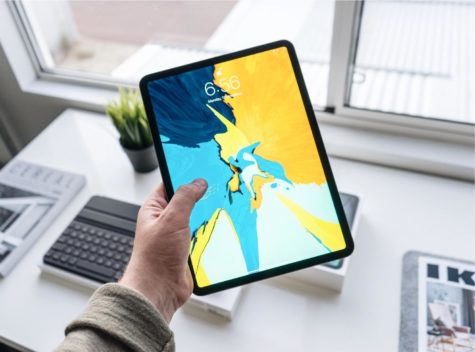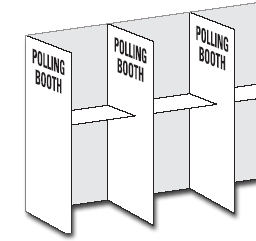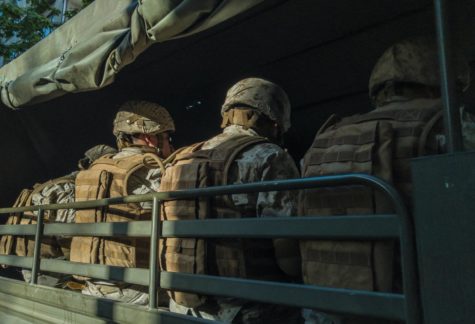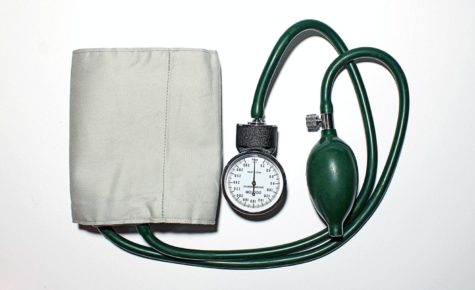Editorial: The Nabarima will destroy the Caribbean
November 1, 2020
Oil spills are not inevitable, yet they have lost their “newsworthiness” in spite of their disastrous effects that last years.
Off the coast of Trinidad and Tobago lies a sinking Venezuelan oil ship with 1.3 million barrels of oil aboard, threatening the livelihoods of aquatic inhabitants and local fishermen. For three months, the FSO Nabarima has been taking on water, which reached 9 feet in the lower deck in late August. If intervention does not occur soon, this will be the fourth oil spill by Venezuela in the past three months alone.
Eduardo Klein, an environmental scientist at Simon Bolívar University, studies oil spills. “When you spill oil, one of the first things you see is effort to contain it,” he said of the barriers and other containment measures visible via satellite. “None of this was evident in any of the images I saw. I do not think they are even prepared for even a minor spill.”
These ecological disasters seem to be a hazardous byproduct of “mismanagement, corruption, falling prices and a U.S. embargo,” racking Venezuela, yet they continue to occur without interference from other countries.
Oil spills, similarly to natural disasters, create a disproportionate effect on lower income and vulnerable residents. In the Nabarima case, more than 50,000 fisherman rely on the rich biodiversity of the Caribbean waters to provide their livelihood. An oil spill would wreak havoc on their lives, while wealthier residents would suffer a lesser effect — more of an inconvenience than anything.
Officials justified inaction, saying the ship poses minimal risk of sinking — even though it’s becoming filled with water, listing at an estimated 25 degrees, and at the mercy of hurricane season. Even if this were true, must we wait until it becomes critically unstable to intervene? At what point is the line drawn between safe and unsafe?
Shouldn’t we take action to prevent crossing into unsafe territory instead of waiting for conditions to undoubtedly worsen?
Others argue this oil spill does not involve the U.S.; therefore, it requires no action from us. However, the map below shows the direction in which storms blow, placing the U.S. coastline within the trajectory of winds, putting us at risk of suffering the effects of 1.3 million oil barrels spilled into the sea.
To add to that, environmental health is a matter of global proportions, suggesting that although one country may not be directly connected to an event, all countries hold the responsibility of protecting our lands and waters. Because Venezuela is struggling from internal conflict right now, it is in the best interest of global ecological health that a more stable nation resolves this conflict.
How many more oil spills are necessary until preventative measures are taken to erase their possibility or reduce their effect? One option would be to decrease the amount of oil allowed on a ship, which would lessen the negative impacts if the ship were to sink. This option clearly poses other conflicts, though, such as inconvenience and increased gas use needed for transportation.
The more long-term and sustainable option would be to divert from oil entirely, turning to electric, bio-engineered fuel, wind, hydro and solar energy instead. This also brings up conflicts of its own and would likely take years, but the outcome is healthier ecosystems and more prosperous livelihoods.
Slightly over a week ago, the oil began its month-long transportation process back to land. It requires several trips to and from Nabarima, using a ship that some argue is “too old and ill-equipped” for the intensive mission. While this is good news for the local waters and residents, it should not have taken three months to accomplish.
The ocean is home to billions of aquatic animals and supports countless livelihoods. The continuation of oil spills and the lack of care, cleanup and preventative measures contributes to the decline in environmental and human health.
We need to learn to prevent oil spills. Globally, we need to be proactive in diverting from oil and not reactive when oil spills occur. Finally, the environmental impact of oil spills needs to be a bigger news story.
This isn’t an easy problem to fix, but it is possible, if we work together for the good of the planet.

